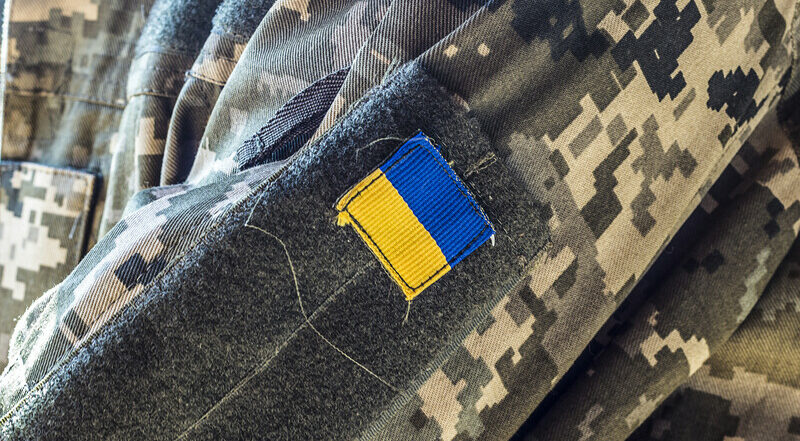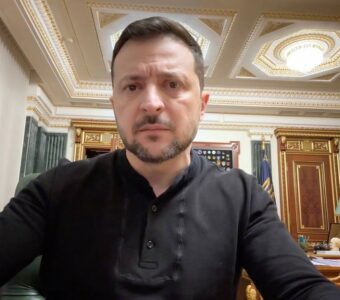UN Mission reports executions, torture and sexual violence against Ukrainian POWs

Photo: depositphotos.com
The United Nations Mission documented the death of 32 Ukrainian prisoners of war from December 1, 2023, to February 29, 2024, significantly more than in any previous reporting period.
The recently released report covers the period from December 1, 2023, to February 29, 2024, Rubryka reports, citing the UN Human Rights Monitoring Mission in Ukraine.
"In the reporting period, OHCHR [Office of the United Nations High Commissioner for Human Rights] recorded 12 cases of executions of at least 32 captured Ukrainian POWs. OHCHR has verified three of these incidents in which Russian servicemen executed seven Ukrainian servicemen hors de combat," the statement said.
Experts also conducted interviews with 60 Ukrainian soldiers released from Russian captivity. Ukrainian soldiers reported horrible treatment by captors, inability to communicate with their families, and lack of adequate food and medical care.
The UN stressed that the Russian army continues to employ previously established practices of torture, cruel treatment, deaths in captivity, detention without contact with the outside world, forced disappearances, and appalling detention conditions.
"The POWs provided credible and detailed accounts consistent with previous OHCHR conclusions that torture and ill-treatment of Ukrainian POWs in Russian internment is widespread and routine and that POWs are held in conditions that are not in line with IHL requirements," the report said. "In drawing these conclusions, OHCHR crosschecked multiple accounts of treatment and conditions in specific facilities, matched them against previously documented patterns, and corroborated them with direct observations of injuries and health conditions of victims during interviews, information from open sources, and other available documents."
39 of the 60 Ukrainian POWs the UN mission interviewed revealed that they had been subjected to sexual violence in Russian captivity, including attempted rape, threats of rape and castration, beatings or the administration of electric shocks to genitals, and repeated forced nudity, including during interrogations and to check for tattoos.
"One POW told OHCHR that a Russian official attempted to rape him with a polyvinyl chloride pipe during an interrogation. Another said that Russian officials forced him to undress fully, applied electric shock to his testicles, and threatened to rape him with a police baton and cut off his testicles," the reports said.
The UN also provides data from interviews with 44 Russian prisoners of war, who, while not reporting torture in official detention facilities, provided "accounts of torture or ill-treatment in transit places after their immediate evacuation from the battlefield."
The mission also confirms information about violence by Russians against civilians in the occupied territories of Ukraine. This includes killings of civilians, arbitrary detentions, and restrictions on freedom of expression.
Recent incidents involving the execution of Ukrainian prisoners of war
The DeepState project reported that Russian occupiers shot all six Ukrainian soldiers at the "Museum" position in the city of Avdiivka. The fighters were identified by their comrades in a video circulated by the Russians. The footage shows the bodies of those shot lying in Garage No. 1.
On February 18, Russian servicemen shot two Ukrainian prisoners of war in the "Khortytsia" Operational-Strategic Group's responsibility zone.
On February 20, a video of Russian soldiers shooting three Ukrainian defenders near the village of Robotyne in the Zaporizhzhia region spread on the network. The Donetsk Prosecutor's Office has initiated investigations into both cases.
In turn, the Prosecutor General's Office believes that Russian commanders likely give direct orders to shoot Ukrainian prisoners of war.
As of March 2024, Ukrainian law enforcement agencies have documented and are investigating 45 cases of killing prisoners of war.





















































